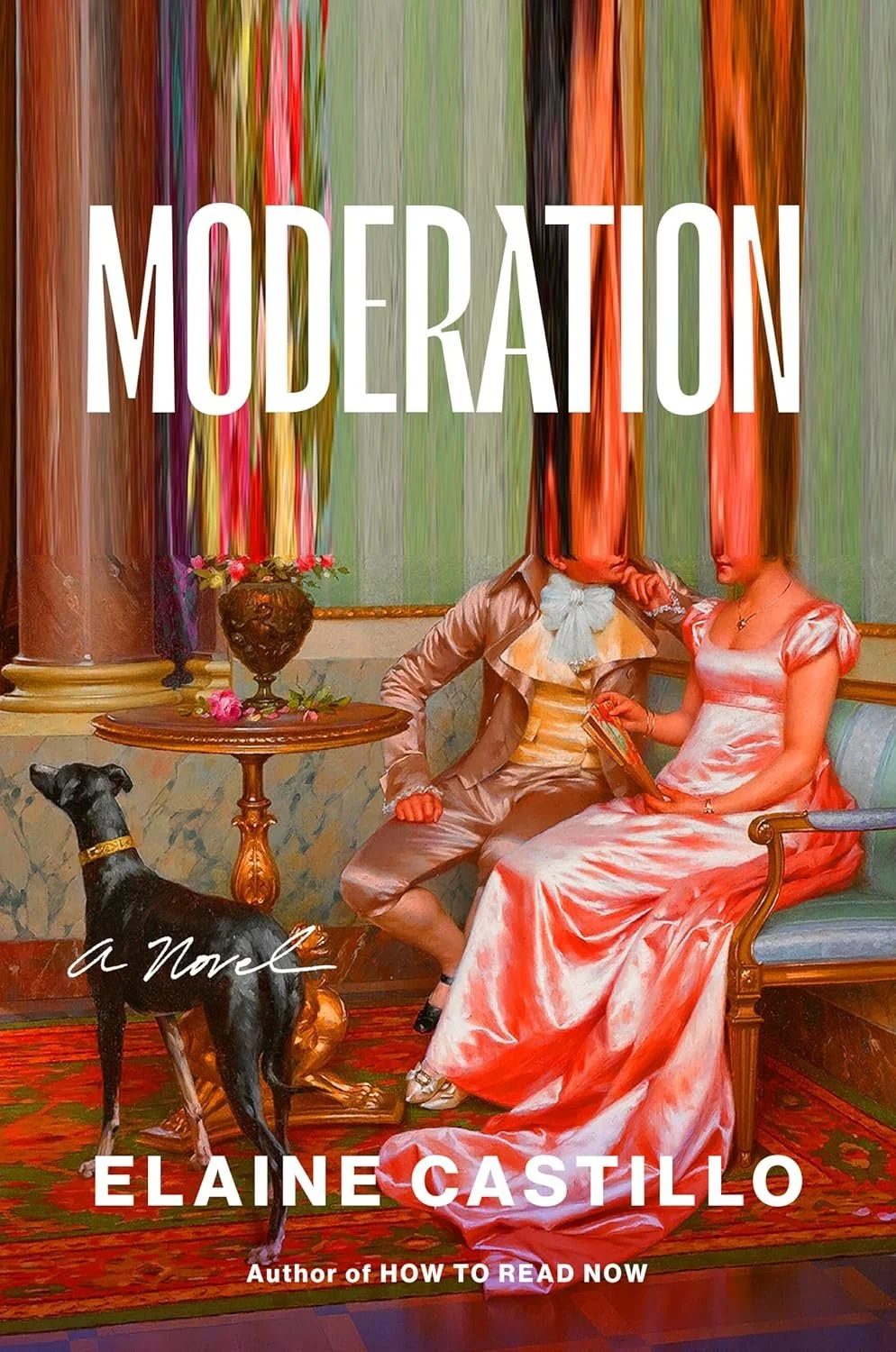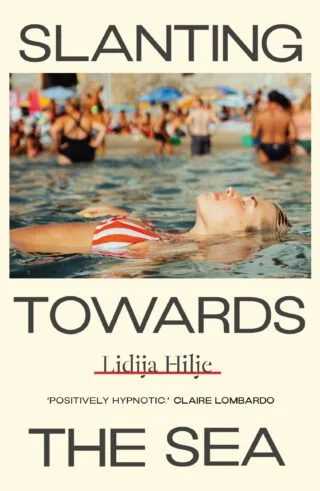Nostalgia, Agnes Arnold-Forster
“With detail, she enlivens case studies to flesh out the facts, and vivid narratives take tangents before being brought back to nostalgia’s wild biography.”
We all have places, sounds and smells rooted in a time that feel irresistibly nostalgic – but what does nostalgia actually mean? Historian Agnes Arnold-Forster comes very close to pinning down an elusive feeling. Nostalgia, it turns out, carries with it a restless history, and a fickle tendency to shapeshift under the whims of society.
Arnold-Forster herself is restless in covering all grounds. The reader is transported back to the 17th Century and its zeitgeist, where nostalgia almost comically emerged as a medical condition deemed fatal. The word ‘danger’ is not traditionally paired with this warm, bittersweet feeling – at least not beyond the well-known risks of rose-tinted reflections of an ex… Arnold-Forster, however, is serious about the dangers. Nostalgia was the most studied medical condition of the 19th Century; it provided an excuse for horrific racism, and is exploited today for business, and more insidiously, for politics. One only has to remember the phrase ‘Make America Great Again’ to – nervous gulp - understand.
Arnold-Forster’s writing reads with the same ease as a fiction novel – analytical but never bogged down with jargon typical of scientific and historical writing, ensuring its appeal to new audiences. With detail, she enlivens case studies to flesh out the facts, and vivid narratives take tangents before being brought back to nostalgia’s wild biography.
Not only do the viewpoints from across the globe and throughout history reveal insights into nostalgia, but also the state of the world at any given moment. Quoting Arnold-Forster, ‘Words are mirrors and motors of historical change’. There is an allure to the past, created by an inability to genuinely return. Some, as readers learn, believe that nostalgia offers an escape from the rapid pace of change in our modern world; in other words, to look back through time is to take a breather.
With its juicy readability and historical wanderings, Nostalgia evidences the flaws of memory, and how it cherry picks the pleasant elements of the ‘good old days’. Whatever those days feel like to you, Arnold-Forster entices us with nostalgia’s many faces.
Editorial Picks




